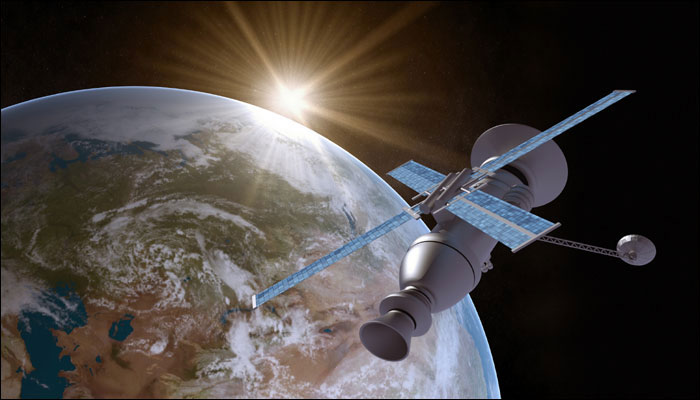New Delhi: The Indian Space Research Organisation (Isro) is developing a revolutionized satellite launch system that would help to assemble of launching satellites in just three days as previously compared to 30-40 days time interval for a normally sized PSLV satellite.
The manufacturing of this launch vehicle is comparatively less and could cost only just one-tenth of the original PSLV manufacturing cost that generally falls under the range of Rs 150 crore to Rs 500 crore.
Dr K Sivan, director of Thiruvananthapuram-based Vikram Sarabhai Space Centre (VSSC), while addressing the seminar on ‘Indian Space Programme’ said, “Isro is busy developing a small launch vehicle which is likely to be ready for launch probably by 2018-end or early-2019. The cost of this vehicle will get drastically reduced by one-tenth of the manufacturing cost of a normal PSLV. However, this rocket will have the total payload capacity of 500 to 700 kg and can launch satellites only up to the polar sun-synchronous orbit or near-earth orbit (500-700 km in altitude).”
India has got few satellites of its own that are purposely used for weather tracking, earth imaging and reconnaissance.
Dr Sivan added that “The weight of this mini-PSLV will be just 100 tonnes as compared to 300 tonnes of the normal-sized launch vehicle.”
In an earlier statement issued by ISROchairman A S Kiran Kumar, he had mentioned that the space agency has been striving hard to develop “cost-effective” vehicle which will “reduce the cost of access to space” to benefit the common man.
Dr K Sivan explaining the programme said, “The amount of money used in building a normal-size PSLV rocket can actually be used to manufacture multiple numbers of such mini-PSLVs, which, in turn, can launch several satellites. So, Isro will be able to launch several satellites in less money.” Like a normal PSLV, he said, “Such small vehicles will too be capable of launching multiple nano satellites.”
The Indian space agency is making efforts to conquer the nanosatellites market which will help in making small vehicle satellites in just span of three days. Until now, satellites of foreign customers are accommodated in launch vehicles only as secondary passengers.
This year in the month of February Isro workhouse PSLV C37 had launched 104 satellites, which mostly had foreign customers.
Similarly, on June 23, the agency had launched 30 small satellites of foreign companies along with the primary satellite Cartosat-2.

